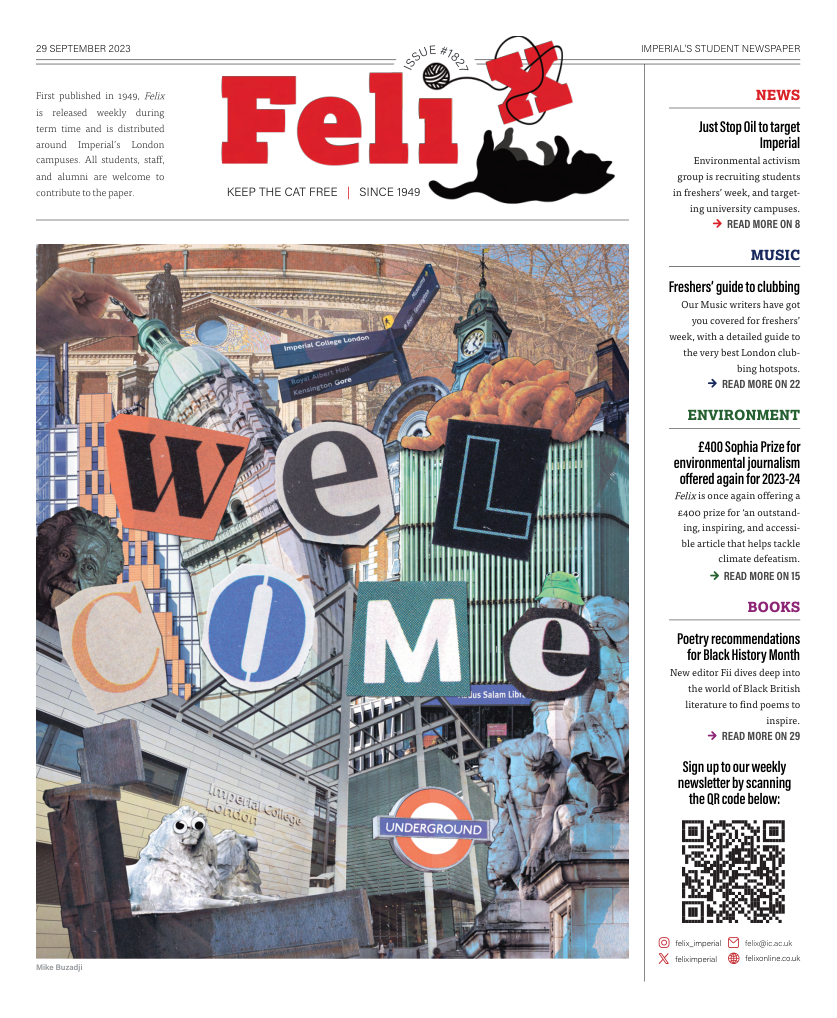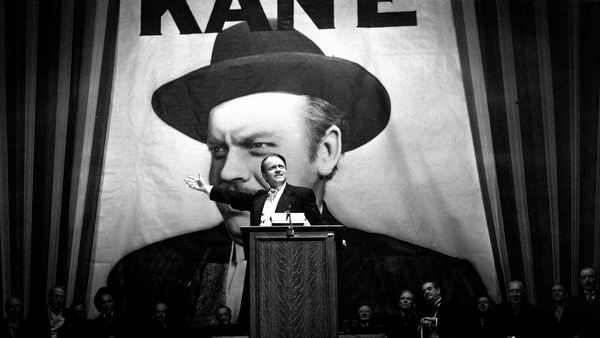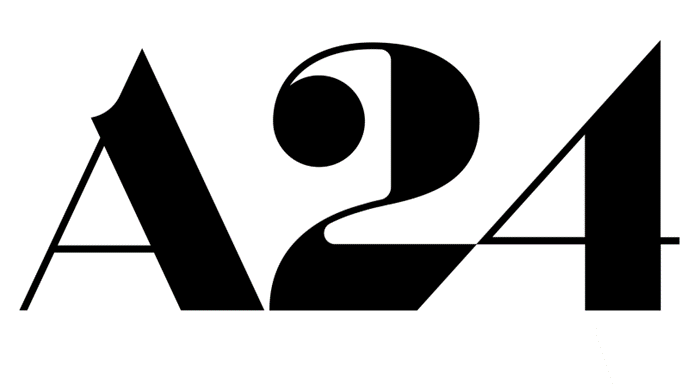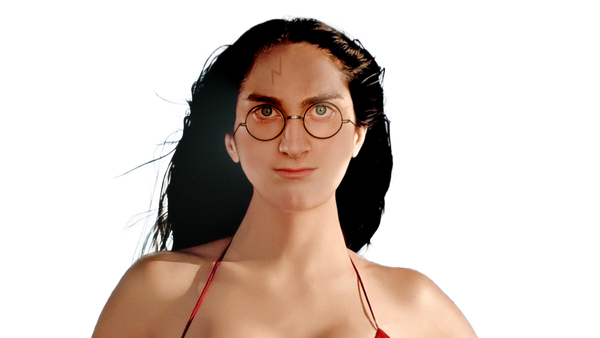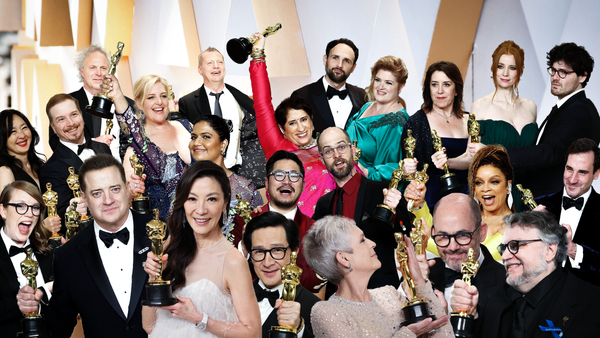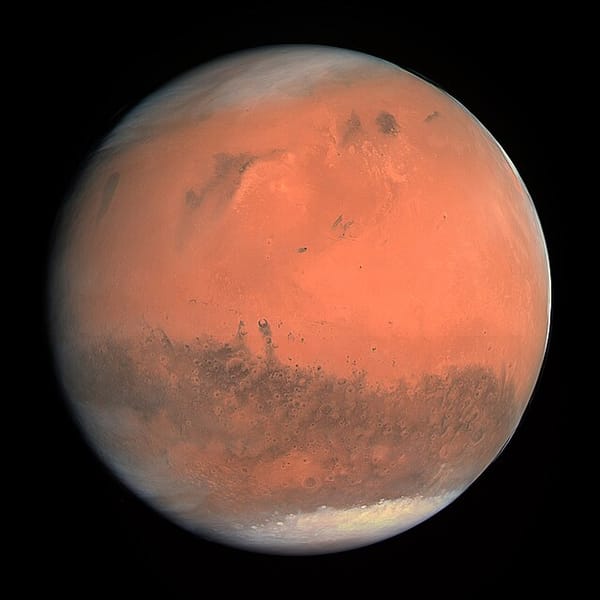Through the Years: Scarlett Johansson in...
The career of an iconic actress in five movies watched over the summer break.
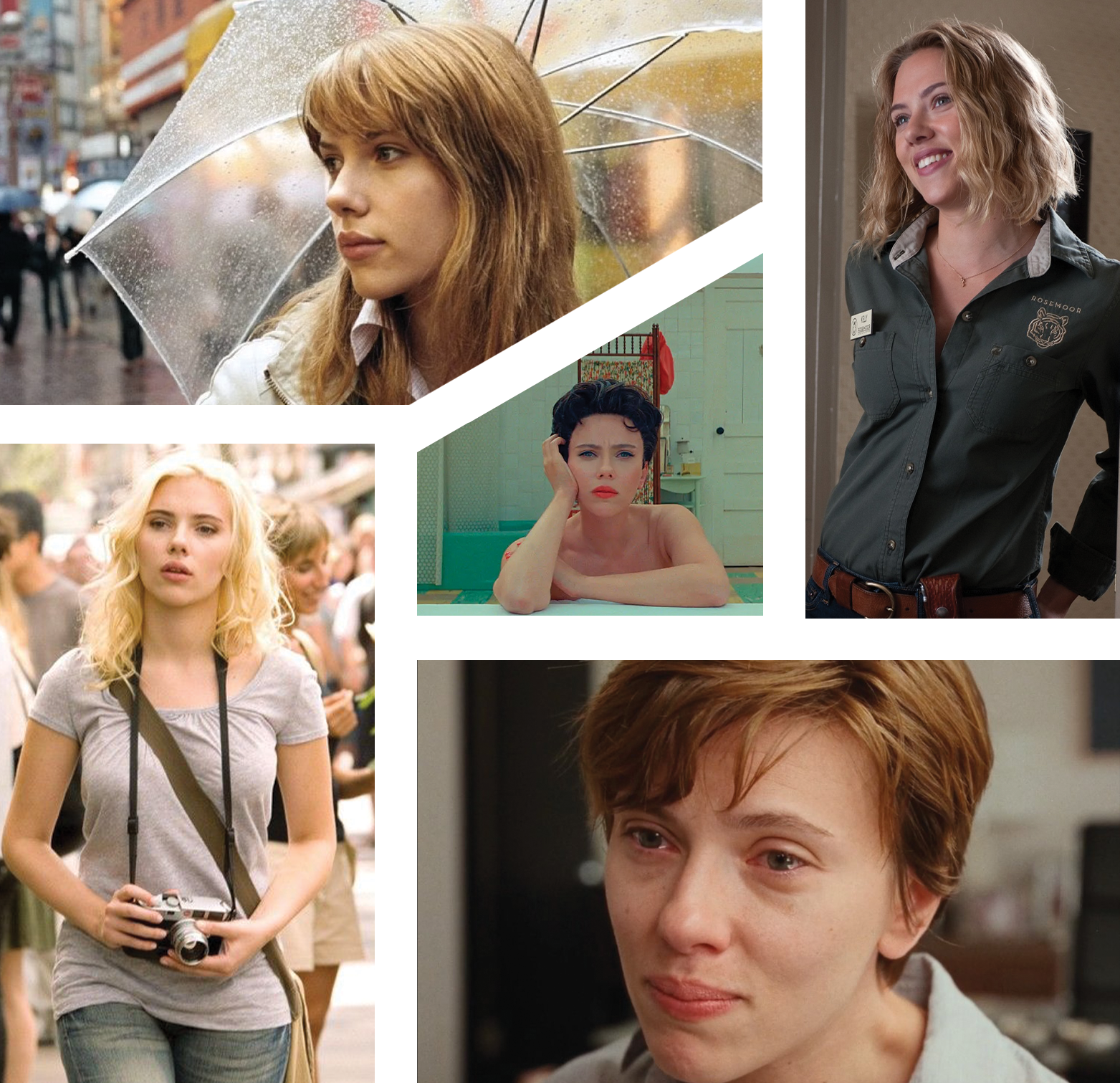
2003. Lost in Translation
Often hailed as a great modern classic, Lost in Translation was one of those films that felt slightly intimidating, and potentially disappointing, to watch. It’s a film that calls for the right headspace and an atmosphere free of interruptions and distractions for full appreciation, so what better time than a lazy summer evening at home?
Lost In Translation is subtle and effortless. It has a natural flow to it that feels almost melodic. There is a gentle rhythm and comedy to Bill Murray and Scarlett Johansson’s performances that brings their characters gracefully to life. This is the work of Sofia Coppola’s insightful writing.
As they say, ‘a picture paints a thousand words’, and each frame of Lost in Translation paints double that. The brilliance of Coppola’s direction comes from her ability to evoke depth and emotion with minimal dialogue. She creates artistic scenes around her characters’ solitary experiences, during which we are asked to question and envision their thoughts. It’s a style of filmmaking that begs to be watched over and over again; each viewing revealing more about both the people on the screen and in front of it.
The audience is gradually given more context about Charlotte (Johansson) and Bob Harris (Murray), and so over the course of the movie can fill in more of these silent snapshots with ideas about what they may be thinking. Is the lonely young wife of the photographer thinking about leaving him now that she is a college graduate and searching for a career? Does the pensive washed-out actor dwell on his youth or ponder his future? We don’t get all the answers from Coppola, because we simply don’t need to. It’s a film that observes others only as we can in real life; from the outside. It is indeed ‘an exercise in empathy’ as one reviewer described it. We can never know everything that goes on inside someone else’s head, all we can do is share experiences and conversations that may tune our frequency closer to theirs.
The choice to set the film in Tokyo was equally clever, as the tone of the city mirrors that of the two lost souls: vibrant yet isolated, advanced and traditional, fun and solemn at the same time. The many facets of Japan’s capital reflect those of the human condition. The romantic element of the film is both crucial and inconsequential; something that can only really be explained by the film itself. Though advertised as a romantic-comedy-drama, Lost in Translation far outpaces any other film falling under this category, and really has earned the countless accolades it has received. An excellent decision for 17-year-old Johansson, as it secured her the Best Actress award at the 2004 Venice Film Festival.
2008. Vicky Cristina Barcelona
There aren’t many films that I won’t give a fighting chance by watching the entire reel, but unfortunately for ScarJo, this was one of them. Chosen on a whim by my sister and I while travelling in Barcelona, the title alone didn’t give us high hopes. Directed by Woody Allen and featuring some dicey acting from its main cast members, including Spectre’s Javier Bardem and Iron Man 3’s Rebecca Hall, the film documents two friends’ trip to Barcelona during a time of personal crisis for each of them. Vicky is married, Cristina is not; the two meet a suave (or sleazy) artist while on holiday, and proceed to engage in various affairs. The appearance of Penelope Cruz as the artist’s estranged ex-wife did little to improve the situation. The plot is unsatisfyingly circular, and despite watching only the beginning and the end we learned about as much about the human experience as we would have if we’d seen the whole film. It feels more like a drama than a rom-com, and even that genre assignment seems misplaced. Allen’s trademark is profound commentaries on the dynamics of romantic and sexual relationships and their lasting effects on people, but Vicky Cristina Barcelona is the opposite of that, and highlights some of the worst aspects of Allen’s filmmaking. To see Johansson excelling in this stage of her career, I’d recommend giving The Other Boleyn Girl or He’s Just Not That Into You a go instead.
2011. We Bought a Zoo
We Bought a Zoo is your typical feel-good family movie, and is based on a true story to boot. Based loosely on journalist Benjamin Mee’s memoir, the film details life after his wife’s death. Reeling from the trauma and left with two grieving kids to look after, Mee (played by Matt Damon) looks for a change of scenery by buying a new house outside the city. The only catch? He has to take ownership and management of a zoo along with it. Scarlett Johansson plays down-to-earth zookeeper Kelly Foster – a combination character of three zookeepers Mee worked with to reopen the facility.
In the film, Rosemoor Wildlife Park is located in California, but its real-life counterpart is Dartmoor Zoological Park in Devon, England. The Rosemoor version of the tale is heart-warming, heart-breaking, and at times terrifying, but most importantly it brought attention to the incredible story of the real zoo. In biopics such as this one, it takes a certain skill to adapt the story into a screenplay without reducing or overdramatising it. Director Cameron Crowe is exceptional in doing this, and the portrayal of human and animal interactions is masterful. We Bought a Zoo is definitely comfort movie material; it’s one to come back to again and again. Johansson’s boldness and fiery repartee with Damon help make it a particularly entertaining watch.
(Benjamin Mee also studied Science Communication (MSc) at Imperial College, graduating in 1992!)
2019. Marriage Story
Marriage Story presents another incredible performance by Johansson, as Nicole Barber, wife to Adam Driver’s Charlie Barber and mother to Azhy Robertson’s Henry. Deeply emotional, Noah Baumbach’s drama follows Nicole and Charlie as they navigate the decay of their marriage, the fallout of their divorce, and eventual reconciliation. It is unusual and refreshing to see a story about a breakup in which neither party is motivated by the desire for an alternative relationship. The film traverses every possible feeling that could be experienced under such circumstances: anger, fear, regret, nostalgia, admiration, freedom, love. Johansson and Driver have great chemistry, but they really shine in their solo scenes, showing vulnerability in the face of separation. The movie presents well the multitude of dilemmas and the reassessing that happens once a couple has decided to get divorced, as well as the impact it has on any children of the marriage and family members involved. Despite all their differences and how much they change, no matter what happens between them, the couple puts their son Henry first. Marriage Story earned Laura Dern a Best Supporting Actress Oscar for her role as Nicole’s aggressively supportive lawyer, and it is somewhat surprising that Johansson wasn’t granted the same accolades. Her ability to create such a convincing, authentic character and display the necessary range of emotions so unreservedly is what makes the actress irreplaceable.
2023. Asteroid City
I was fortunate enough to secure tickets to Glastonbury this year, and even more fortunately managed to squeeze in a free viewing of Asteroid City on the Sunday morning. Hot and exhausted, a couple of friends and I filed into Pilton Palais – the festival’s in-house cinema – to watch Wes Anderson’s newest masterpiece. We were treated to an opening short film featuring and introduced by Ben Wishaw, as well as a personal introduction to Asteroid City from none other than Tilda Swinton, who is an avid supporter of Pilton Palais.
Anderson is known for his unique, iconic cinematic style, so much so that it has sparked imitative trends in the worlds of photography and videography. His ability to maintain a clean, minimalist look without compromising on depth and intricacy is astounding, and one that he has spent years perfecting. Asteroid City is no different, and takes this to a whole new level by incorporating the mixed media of live action footage and animation, both in technicolour and black and white.
It’s easy to imagine that ‘Asteroid City’ is simply a quirky American town name – and it is, to some extent – but the film also has actual extraterrestrial ties. Running alongside this surprising venture into the world of astronomy is the story of a father trying to break the news of his wife’s death to her children while on a road trip to a gifted and talented science program. I’ll say little more about the plot for those who have yet to see it, but it is an unexpectedly wild ride of a movie.
Even the cast is iconic, filled with many of the familiar faces that have frequented Anderson’s previous projects. There is a specific kind of acting that threads through all of his movies, and it’s a style that Scarlett Johansson and the rest of the A-list cast - Jason Schwartzman, Tom Hanks, Maya Hawke, and Tilda Swinton to name a few – execute magnificently. The actors move and speak as deliberately as the camera moves between set pieces, allowing focus to fall on the visual contents and dialogue of the scene. This could be misconstrued as stiff and rigid if it lacked emotion, but, on the contrary, it gives the heavier parts of Asteroid City’s script time and space to sink in; freezing actions and facial expressions for a few precious moments.
I’ll never tire of watching Wes Anderson’s work, just as I’ll never tire of watching the evolution of Scarlett Johansson as she continues to take on brilliant directors and complex personas.
North Star – the directorial debut of Kristin Scott Thomas – premiered at the Toronto Film Festival on 7th September, and is Johansson’s latest acting credit.


